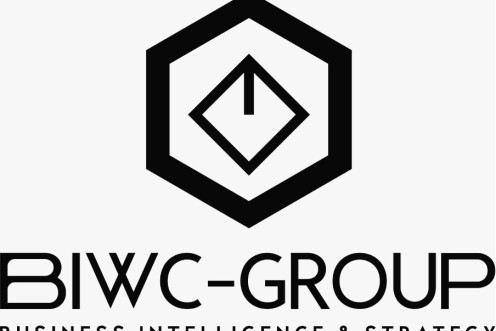The top suspect in the 2007 disappearance of British toddler Madeleine McCann in Portugal was freed from a German prison on Wednesday, an AFP journalist at the scene reported.
Celebrated director Park Chan-wook's star-studded murder comedy will open Asia's biggest film festival Wednesday, which launches its first fully fledged competition lineup as South Korea projects its soft power worldwide.
Asian stock markets were mixed Wednesday as investors bided their time ahead of an expected US interest rate cut later in the day.
The US Federal Reserve is poised to make its first interest rate cut of 2025 on Wednesday, but it battles competing forces in the path forward -- with heightened political pressure and likely divisions among its ranks.
The casino industry's quest to bring gambling to Manhattan faces a key test this week when an advisory panel weighs a Times Square proposal that has enraged much of Broadway.
Arsenal won 2-0 away to Athletic Bilbao as the league phase of this season's Champions League kicked off on Tuesday, with two Kylian Mbappe penalties giving Real Madrid a narrow win over Marseille while Juventus and Borussia Dortmund drew an eight-goal thriller.
For Kiani, entrepreneurship has never been merely about building companies; it has been about solving pressing problems with persistence and vision.
US President Donald Trump on Tuesday extended a delay on enforcing a ban against TikTok until December 16, marking the fourth postponement of a law designed to force the app's sale from its Chinese owner.
The suspect in the murder of prominent US conservative political activist Charlie Kirk has been formally charged with his murder, prosecutors in Utah announced on Tuesday.
Colombia on Tuesday halted arms purchases from the United States, its biggest military partner, after Washington decertified the South American country as an anti-drugs ally for failing to halt cocaine trafficking.
Faith Kipyegon cemented her status as an athletics legend on Tuesday by winning her fourth world 1500 metres title whilst Cordell Tinch's decision to return to the sport paid off with 110m hurdles gold.
The US Federal Reserve started a key interest rate meeting Tuesday, hours after Donald Trump's new appointee narrowly won confirmation to join the central bank -- while another top official fights her removal by the president.
India's Jindal Steel International has made an offer for Thyssenkrupp's steel division, the German company said Tuesday, in what would be a mega-deal for the struggling industrial titan.
With his all-American good looks, Robert Redford, who died on Tuesday aged 89 was the eternal "Sundance Kid", a US screen legend both in front of and behind the camera.
Cinema legend Robert Redford, a screen great both in front of and behind the camera whose career spanned six decades, died early on Tuesday morning at his home in Utah, his publicist said.
The European Union is "failing to match the speed of change" in the United States and China and must act urgently on economic reforms to avoid falling further behind, a key report's author said Tuesday.
An Afghan man was sentenced to life in prison on Tuesday for a jihadist stabbing spree in Germany last year that killed a police officer and left five people wounded.
US President Donald Trump filed a $15 billion defamation lawsuit against the New York Times on Monday, accusing the outlet of a "decades-long pattern" of smears driven by feelings of "actual malice."







































